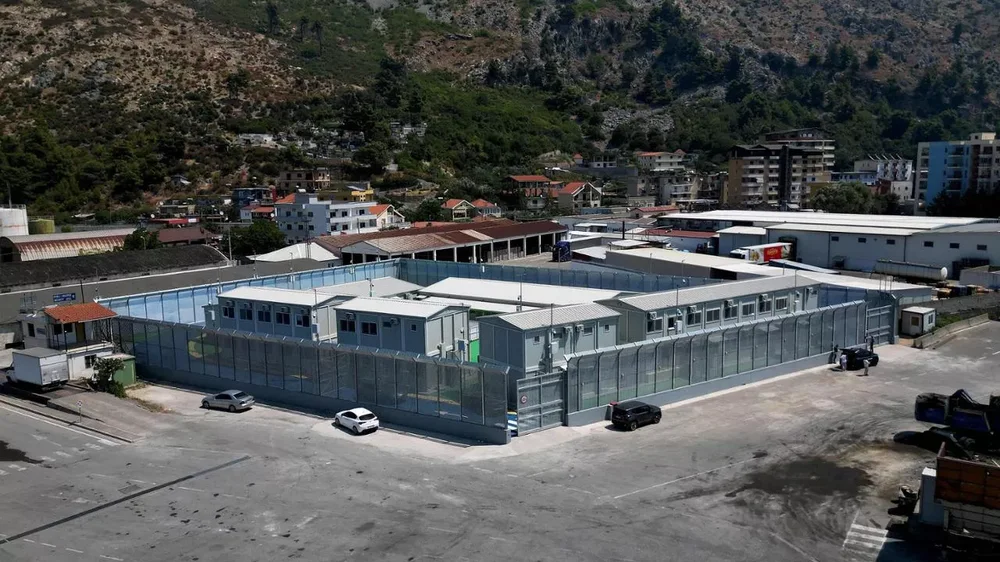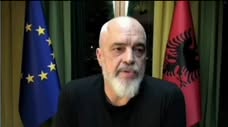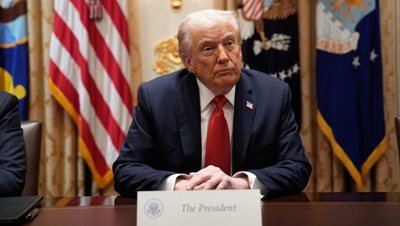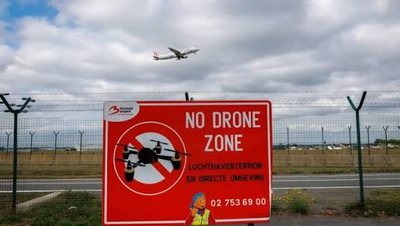
The decision of the Court of Justice of the European Union to emphasize the need for effective judicial control in the designation of "safe countries of origin" has caused strong reactions from the Italian government.
In an official statement published by Palazzo Chigi (the Italian government) and shared by Prime Minister Giorgia Meloni on social media, the decision was described as another example of "usurpation of political powers by European justice."
"Again, the judiciary, this time the European one, claims spaces that do not belong to it, for issues that are exclusively political," the official statement says.
"The EU Court gives a simple national judge the power to decide not on a specific case, but on an entire segment of immigration policy, such as the list of safe countries," it further states.
According to the Italian executive, Luxembourg's decision poses a serious threat to the capacity of states to manage immigration, being based on a legal interpretation that "does not take into account the reality of migratory pressure."
The government statement emphasizes that the decision "weakens the policies of controlling mass illegal immigration and protecting national borders", calling it unacceptable that such a decision is based "even on private sources, instead of full analyses carried out by the relevant ministries and approved by Parliament".
The Court's decision comes following an appeal filed by the Court of Rome, regarding two asylum seekers from Bangladesh, who were sent to a reception center in Albania, within the framework of the agreement signed between Italy and Albania for the treatment of migrants outside Italian territory.
The asylum seekers were included in an accelerated procedure and were rejected, on the grounds that Bangladesh had been declared a safe country. The EU Court ruled that this designation cannot be based solely on a law passed by the government, in the absence of verifiable, accessible and judicially controllable data.
In its response, the government hints that it has no intention of backing down from the line it has followed so far. “In the ten months that separate us from the entry into force of the new European Pact on Migration and Asylum,” the statement says, “the government will not stop seeking every technical and legal solution to protect the security of Italian citizens.”
The government considers it "strange" that a decision with such an impact would be taken "precisely on the eve of the entry into force of new EU rules, which themselves set stricter criteria for identifying safe countries."














